We think of scientists as creating models to explain reality. The effectiveness of these models, be it Einstein’s Theory of Relativity or Darwin’s Theory of Evolution, makes us believe in them. Many scientists and philosophers argue that to take these models as being effective explanations is to take them as being true. But this idea of explanation is as superfluous to theories of science as an orgasm is to procreation, argues Bas van Fraassen.
When physicists present to each other at conferences they are all about mathematical models. The participants are deeply immersed in the abstract mathematical modelling. When on the other hand they present to the public it sounds all very understandable, about particles, waves, fields, strings, quantum leaps and gravity. That is very helpful for mobilizing the imagination and an intuitive grasp on how phenomena or experiments look through theory-tinted glasses. But typically, it is also told as the one true story of the universe, its furniture and its workings. Is that how we should take it?
When physicists evaluate new models, hypotheses or theories they are also immersed in theory. It goes like this: the theory says “I’ve designed a test you can do, a test based on how I represent the phenomena, and what I count as measurement procedures. Take me up on it, see if I pass! Put me to the question, bring it on!” And it is great news when the measurement results come in and the theory is borne out. That is empirical support for the theory. What precisely should we take away from this, seeing here the scientists’ own criteria of success in practice?
___
When it comes to general issues of science philosophers still divide roughly into empiricists and realists.
___
During the past hundred years or so philosophers of science have become more and more compartmentalized and specialized, but when it comes to general issues of science philosophers still divide roughly into empiricists and realists.
The scientific realists react to what I described with a story about what to believe. The empirical support gives us good reason to accept the theory, we all agree. They continue with: good reasons to accept a theory are good reasons to believe that the theory is true and that the things it talks about, observable or not, are really real. And the aim of science, they submit, is to give us stories, true in all respects, about what there is.
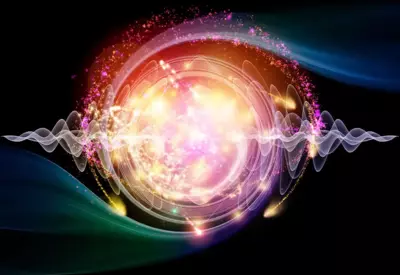 SUGGESTED READING
Reality is not revealed by quantum mechanics
By Peter West
SUGGESTED READING
Reality is not revealed by quantum mechanics
By Peter West
It is only rational, they argue, to believe that our best current scientific theories are true. That was not the attitude of Darwin, Einstein, or Bohr. Should it be ours? To be effective, working scientists are indeed immersed in the world picture within which they work, accepting the "background" sciences, taking for granted the success of their predecessors on which they build. But how much belief is involved in acceptance and in taking for granted?
Empiricists see the same scientific practices differently from the realists. When the theory offers itself to be put to the question it shows how, if its models are adequate, the phenomena can be accommodated in those models. Take, for example, the various experiments that were inspired by the Einstein-Podolsky paradox. The measurement results show correlations between distant events which cannot find a place in the models of classical physics, but can be very well represented within quantum mechanics’ models.
This sort of success is what was traditionally called saving the phenomena. It is, the empiricist claims, the bottom-line criterion of scientific success. But in scientific models there is a great deal that does not mirror what there is on the level of measurements, the observable world. The images of the phenomena occupy a small part only. In the scientific image, the world is like an iceberg in the ocean, with only a small part presented in the measurement results we can all observe and witness in nature or the laboratory.
 SUGGESTED READING
Reality has no fundamental level
By Ross P. Cameron
SUGGESTED READING
Reality has no fundamental level
By Ross P. Cameron
On an empiricist view, the aim of science is to give us empirically adequate theories. There is a distinction between being true in all respects and being true about what is observable. So to accept a theory, when there is good reason in the empirical support, need involve as belief only that the theory is empirically adequate. Acceptance need not involve a belief that the unobservable parts of the scientifically represented world are real. You may certainly add more beliefs to your acceptance – beliefs about truth and reality – if you wish! But as far as science is concerned that is just supererogatory.
___
The aim of science is to give us empirically adequate theories.
___
Realists have a serious objection to this. What the empiricists leave out, they contend, is the value of explanation. Explanation is something we all want, and we can only be content with explanations that we believe to be true. Moreover, just like laymen, scientists are driven by search for explanation, and that accounts for the historical success of the sciences.
Sure. In response empiricists have given accounts of explanation as contextual, and its value as a matter of pragmatics, of practical advantages that ride solely on the theories’ empirical success. But perhaps the last word on this should go to a psychologist (admittedly, one who is very philosophical), Alison Gopnik. In her 1998 essay “Explanation as Orgasm” she argues for a parallel. Orgasm is not necessary for procreation, but it is the desire for orgasm that drives the creation of progeny. In the same way, explanation is not necessary for scientific progress, but it is the desire for explanation that drives theory creation and thereby scientific progress. A good practical point.







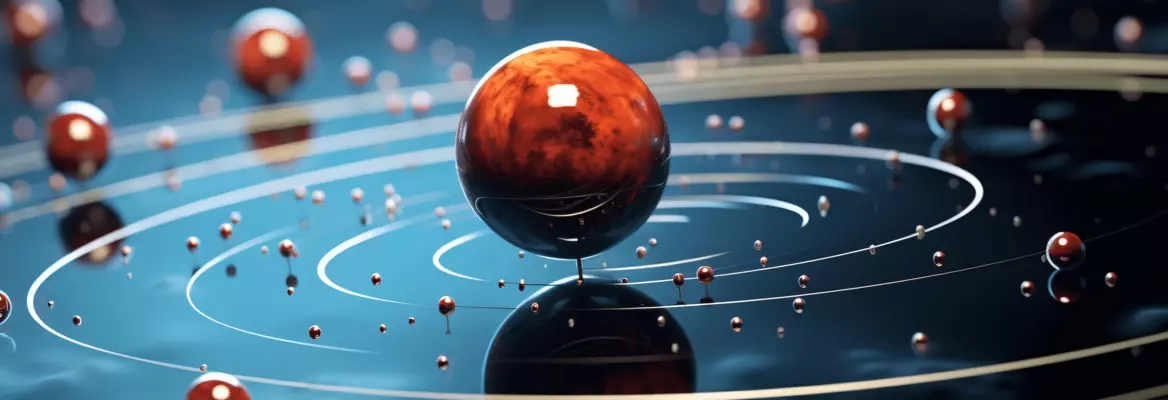


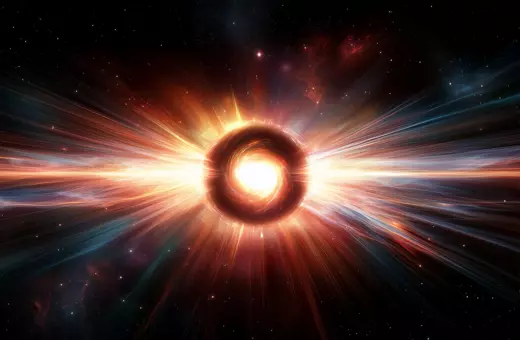
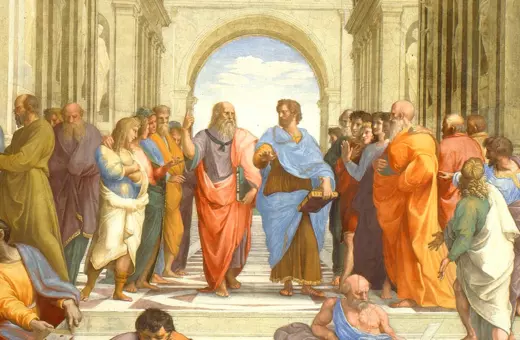
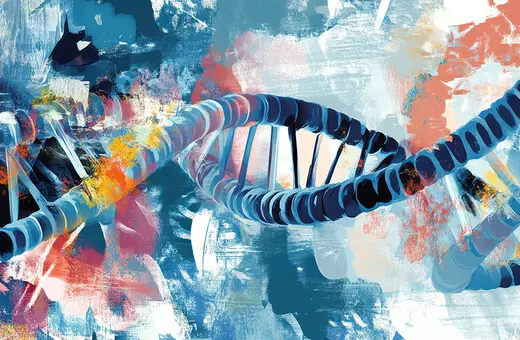
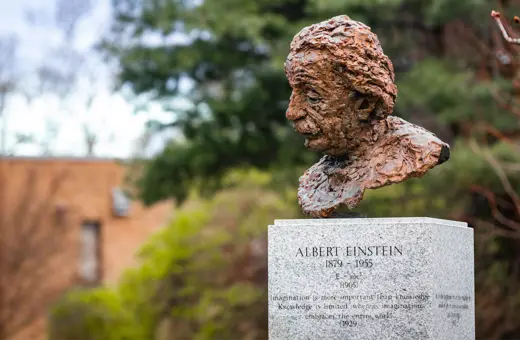
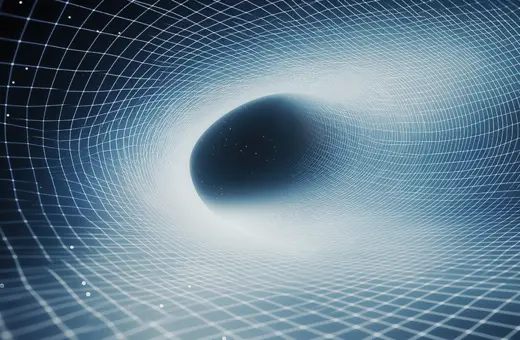






Join the conversation